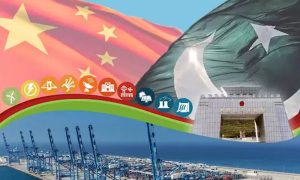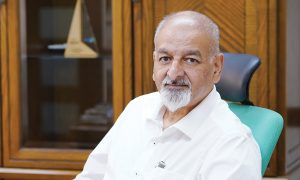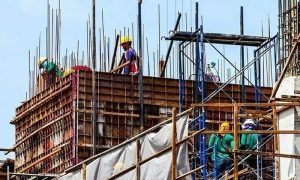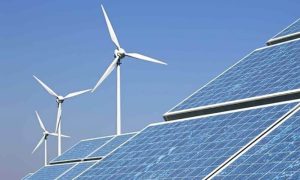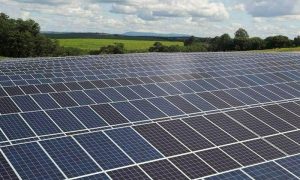ADB has updated on its website about the energy potential of Pakistan about the surplus un-used capacity. Pakistan has developed only about 9,860 megawatts (MW) of capacity, out of a potential 60,000 megawatts. If this country connects all of its potential capacity, the country could overcome its energy shortage. Moreover this country will reduce its dependence on the import of fuel. Though, the nation’s energy mix is dominated by thermal power, with almost 60 percent of electricity generated from oil-, gas- and coal-fired power plants, Fossil fuels are badly affecting the country’s climate cycle. However, the country has tremendous potential to expand electricity generating capacity by developing renewable energy resources. Pakistan has a huge untouched hydropower potential. The government is now focusing on developing several hydropower sites to ensure less dependence on imported fuel and more on indigenous clean energy resources. The country is Pivoting towards Hydropower, which has several advantages. It’s a clean energy source renewed by rainfall and snowmelt. Hydropower plants can supply large amounts of electricity and are much cheaper than power plants. Pakistan’s geography and geology are favorable – mountainous regions in the north have deep, rocky valleys that are ideal for hydropower generation. ADB has been providing assistance to Pakistan’s energy sector in recent decades. To support Pakistan’s transition to cleaner energy, ADB provided preparatory technical assistance for the Balakot Hydropower Development Project (formerly the Hydropower Development Investment Project). On 30 March 2021, ADB approved a $300 million loan to finance the construction of the 300-megawatt plant. It is expected to increase the hydropower share in Pakistan’s energy mix by 1200 megawatts and at the same time reduce average daily blackouts from 3.2 hours to 2 hours. Balakot Hydropower Plant will also generate economic activity and improve the skills of local residents. It is expected that this project will generate around 1,200 jobs. Around 40% of which will be awarded locally. This will provide livelihood skills training for women.
Menu



